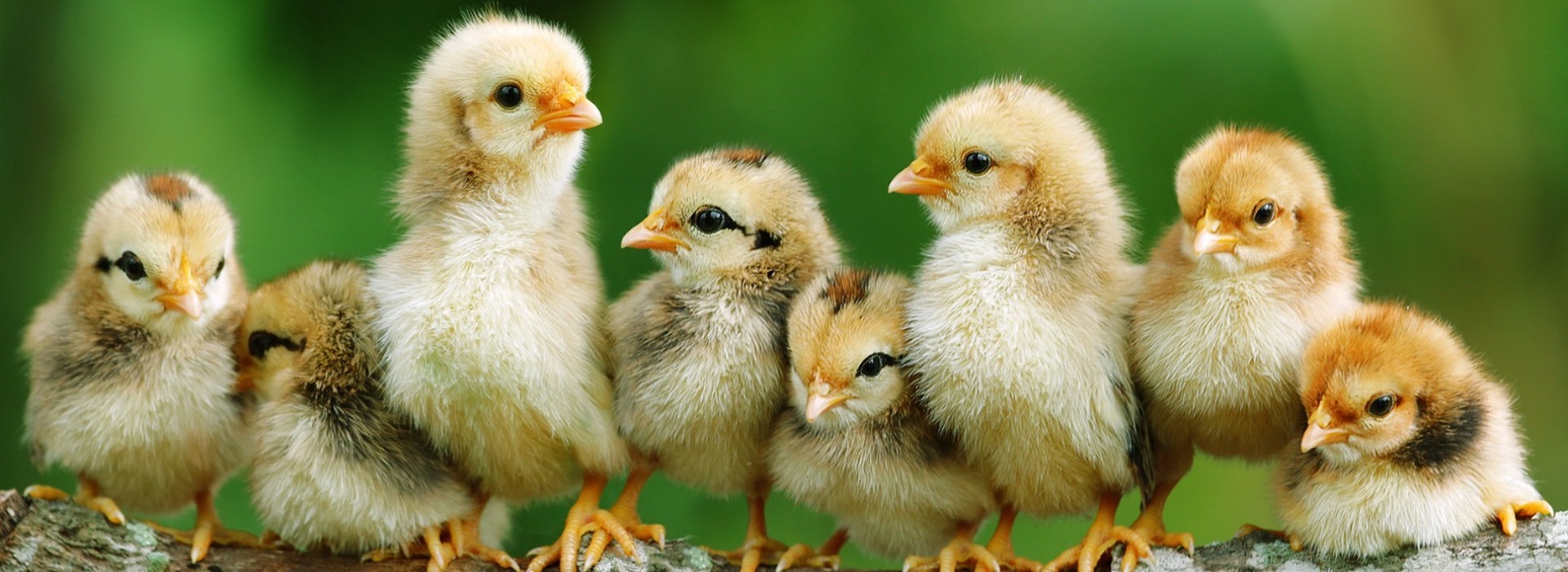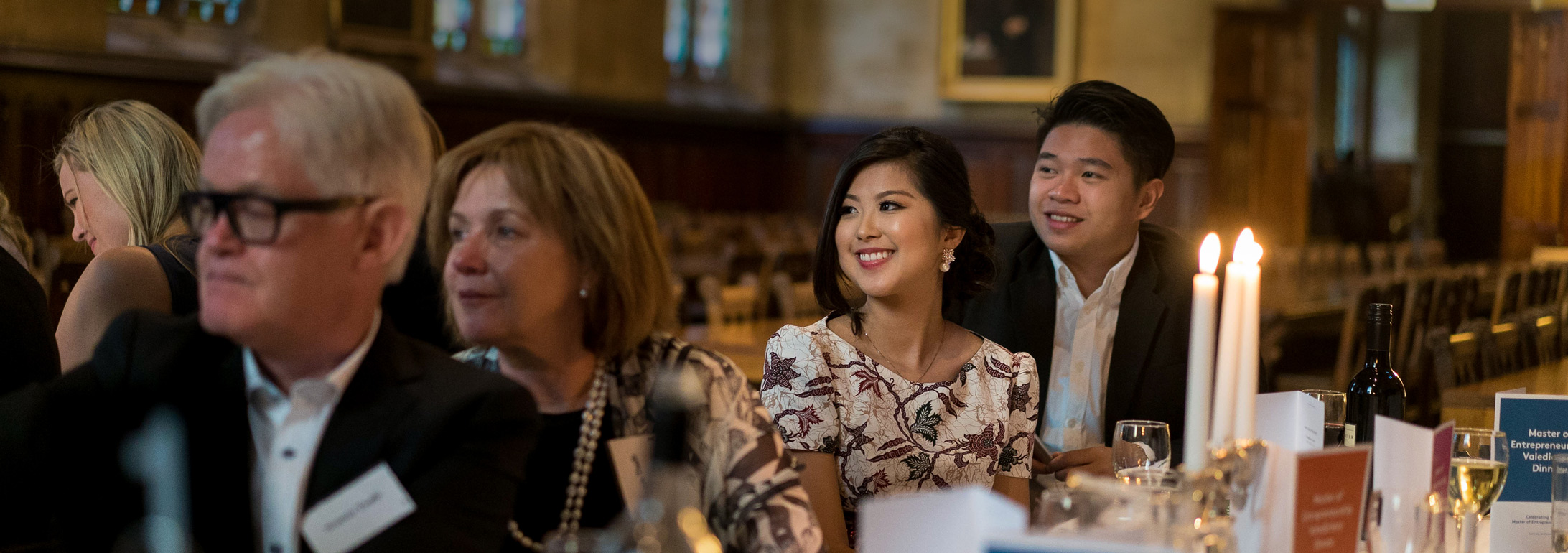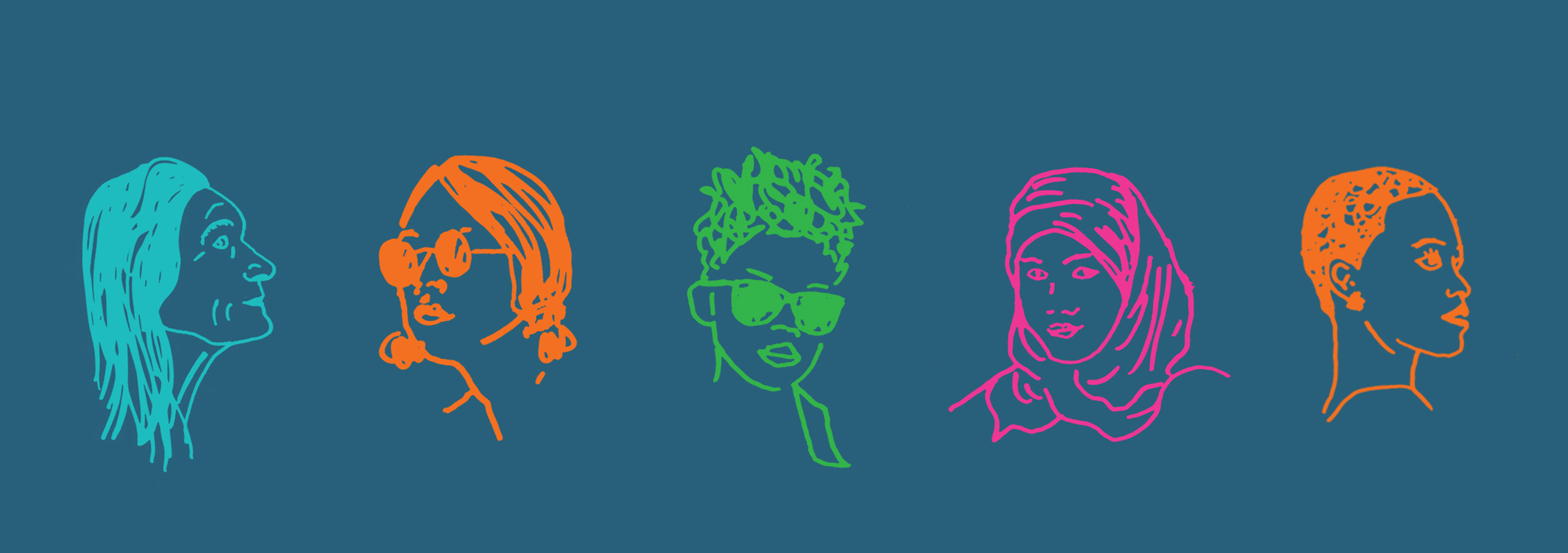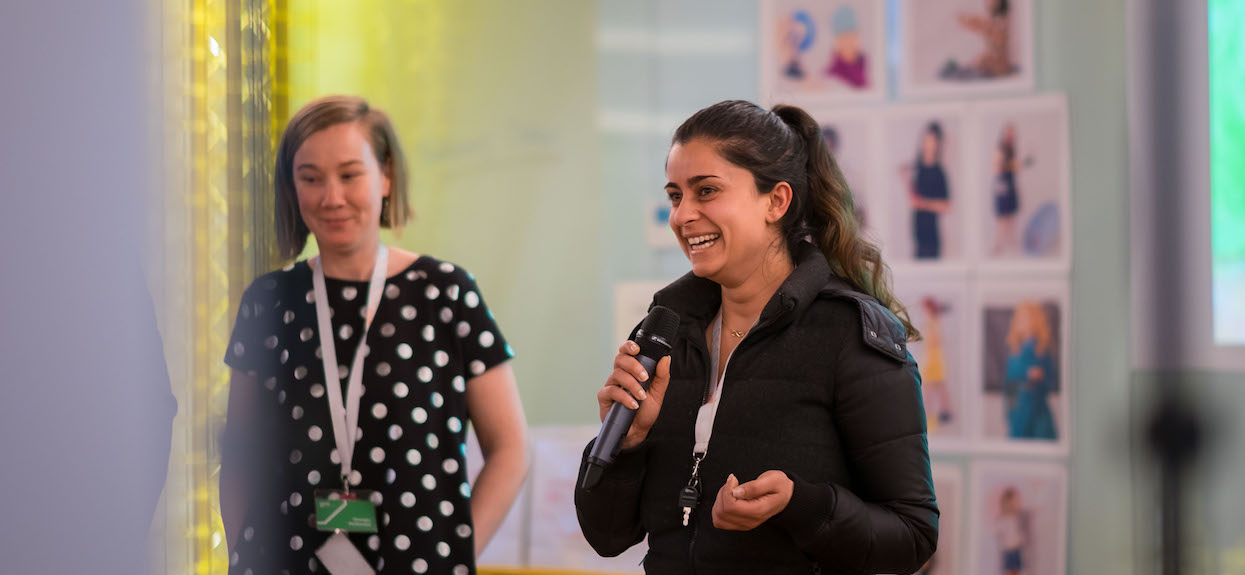Why do women’s clothing tend to have a lack of pockets? This team of students from the Master of Entrepreneurship saw an opportunity for change and set out to revolutionise women’s fashion.
Ladies, here is a question for you. What are you wearing right now? If you’re in a dress or a skirt, chances are, you don’t have any pockets. Right? In ‘Garage Project’, a Master of Entrepreneurship subject, students team up to develop and conceptualise a business idea, beginning with identifying a problem, and pitching their solution. Eleanor Toulmin found the lack of pockets in female clothing “really annoying”, a sentiment that resonated with team members, Sarah Agboola, Fiyona Alidjurnawan, Rosie Downie. With a shared love for pockets and fashion, Pocket Change was born.
“I especially love the practical aspect, which of course has allowed us to start our PocketChange initiative. Although my destination is uncertain, I am learning to embrace the ambiguity and be excited by the possibilities. The social enterprise space is one that resonates with me and I have some ideas in this area that I intend to develop further in the years to come.”
Early plans for their business idea were ambitious, and not without setbacks. They had originally hoped to design and sell a new, pocketed fashion label in one semester (12 weeks). “The notion was ridiculous,” Toulmin reflected. “Then, we thought we could retrofit pockets into customers’ favourite clothes – or get a tailor to do it for us!”
Deciding what was achievable in 12 weeks proved to be a key challenge for the budding entrepreneurs. “We had to throw out ideas simply because we couldn’t do it within the timeframe,” Downie added. “We agreed that the online platform and the pop-up store was the most realistic… within the context of the Garage Project subject, and also the most engaging. It allows women to come in and talk about their experiences of pockets in fashion. It gives designers access to new markets.”
The next challenge was getting the actual process moving forward. The team concentrated on perfecting their pitch, and took time to refine the value proposition they were offering to designers and partners. An unexpected coup, in the form of early media interest gave the girls a lot to be grateful for as it was an unexpected bonus that assisted getting designers on board. “When Kim Wilson – fashion editor at the Herald Sun – thinks you have an interesting idea, then designers tend to think so as well,” Toulmin reflected.
“Since being here, I’ve realised that all you need to do to start a business is start. The support from the staff has been unbelievable, and learning from the cohort has been just as, if not more, influential. My biggest tip to budding entrepreneurs is that if you don’t ask, you don’t receive.”
Tailored Learnings
The team surveyed 450 women and found that 75% of them would like more pockets in their clothing. They observed that as a product feature in women’s clothing, pockets were being regularly omitted from designs, so they spoke to designers to find out why. Feedback revealed three facts: 1) Many designers do not even consider pockets during the design process 2) Pockets are often simply retrofitted into old designs 3) Pockets can raise the cost of a garment.
Lessons for Entrepreneurs
Sharing her insights on studying the Master of Entrepreneurship, Toulmin said, “The great thing that the Wade Institute has managed to do is to tie the subjects together. What you learn in one subject is almost immediately applicable across all subjects. Garage Project is designed [in a way] to enable you to immediately implement new knowledge and skills. The biggest lesson I have learned so far is the importance of product-market fit – you can have the most amazing, brilliant product…, but if the market doesn’t want it then you don’t have anything. The first step you’ll need to take it to go out and talk to your customers. For us, that process was very long – we interviewed close to 40 people, 12 designers and shop assistants, and surveyed 450 women. From that, we now know it is a good product; we just have to prove it’s also a good market.”
“It might sound cliché, but the degree has shifted my definition of success. Being successful has nothing to do with what you gain or accomplish for yourself, but what you do for others. Likewise, the greatest investment you can make is investing in people: a great idea might be profitable, but the people within it make it sustainable.”
This article was written by Tessa Shaw, originally published in ‘Newsroom’, Faculty of Business and Economics, The University of Melbourne





